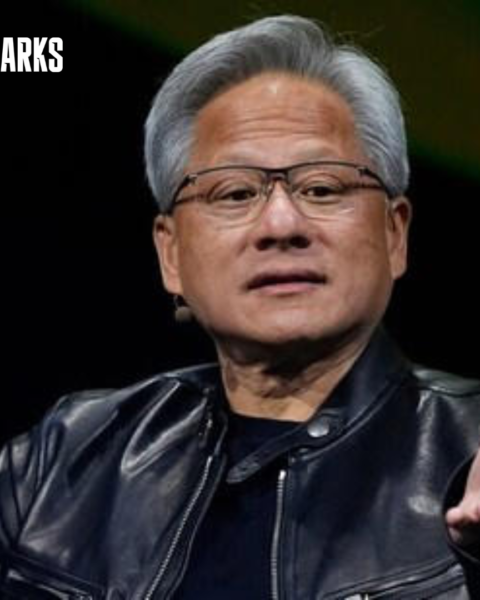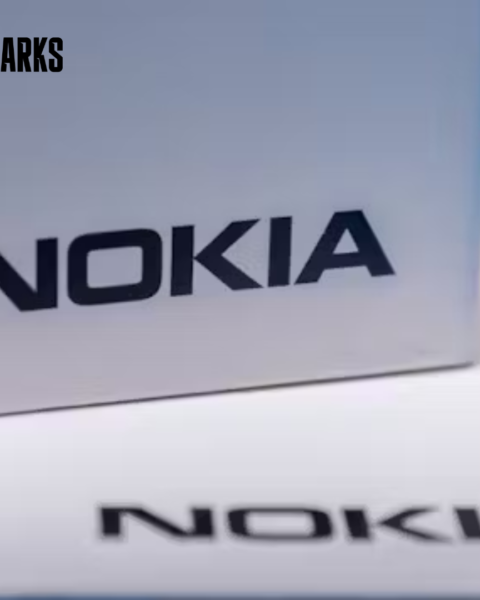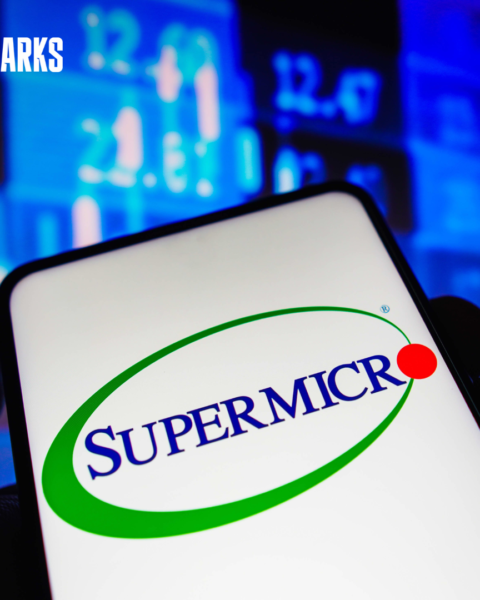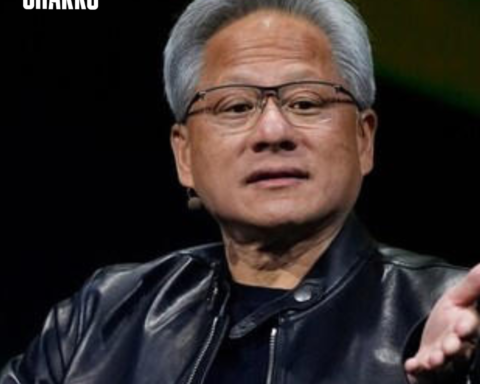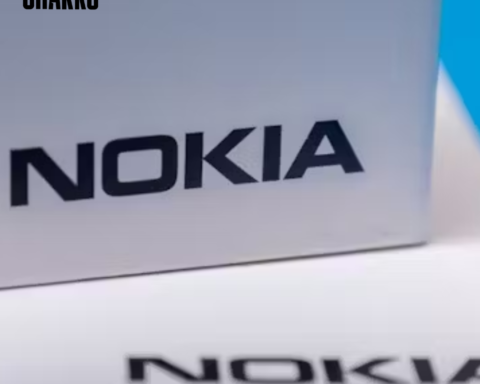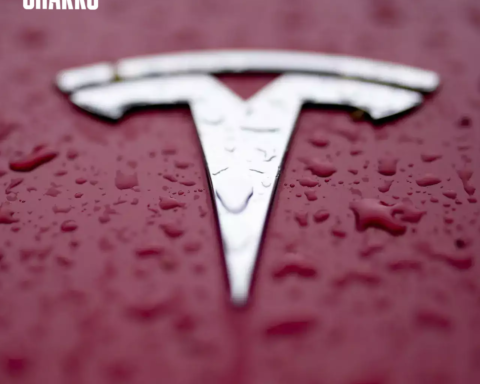Neuralink Successfully Completes Second Human Implant Surgery
Neuralink Corp., Elon Musk's brain-computer firm, reported the successful completion of its second human implant surgery.

Neuralink Corp., Elon Musk’s brain-computer interface company, has announced the successful completion of its second human implant surgery. The patient, identified as Alex, a former automotive technician, can now design 3D objects and play video games like Counter-Strike 2 using the implanted device.
Surgery and Complications Mitigation:
The recent surgery marks a significant improvement over the first implant procedure performed on Noland Arbaugh, who experienced an unexpected complication where the electrode threads retracted from his brain.
To prevent a recurrence of this issue, Neuralink implemented several mitigations during the second procedure, including reducing brain motion during surgery and minimizing the gap between the implant and the brain’s surface.
These steps appear to have been successful, as no similar complications have been reported in Alex’s case.
Post-Surgical Improvements and Capabilities:
In Arbaugh’s case, Neuralink had also made post-surgical software tweaks to address the retraction issue. For Alex, the Link device—Neuralink’s brain interface—has allowed him to control on-screen cursors and digital devices, design custom mounts using computer-assisted design software, and engage in complex tasks like gaming. The company highlighted these accomplishments in a recent blog post.
Future Development and Applications:
Neuralink is continuing to develop new capabilities for its Link device, with future goals including decoding multiple simultaneous movement intents and recognizing handwriting intent to help patients write more quickly.
These advancements could significantly enhance the quality of life for individuals with quadriplegia and other conditions that limit movement, as well as restore communication abilities for those unable to speak due to neurological conditions.
Patient Outcomes and Future Plans:
After the surgery, Alex was discharged from the Barrow Neurological Institute in Phoenix just one day later. He has since begun using the Link device to design a custom mount for his Neuralink charger.
Musk has expressed hopes to have the device implanted in several more patients by the end of the year as part of Neuralink’s Prime study, an investigational medical device trial.
While the Link device is currently aimed at assisting patients with severe mobility limitations, Musk envisions that Neuralink implants could eventually augment the abilities of healthy individuals, potentially aiding in tasks like memory recall.
Share This
Tony Boyce is a seasoned journalist and editor at Sharks Magazine, where his expertise in business and startups journalism shines through his compelling storytelling and in-depth analysis. With 12 years of experience navigating the intricate world of entrepreneurship and business news, Tony has become a trusted voice for readers seeking insights into the latest trends, strategies, and success stories.

